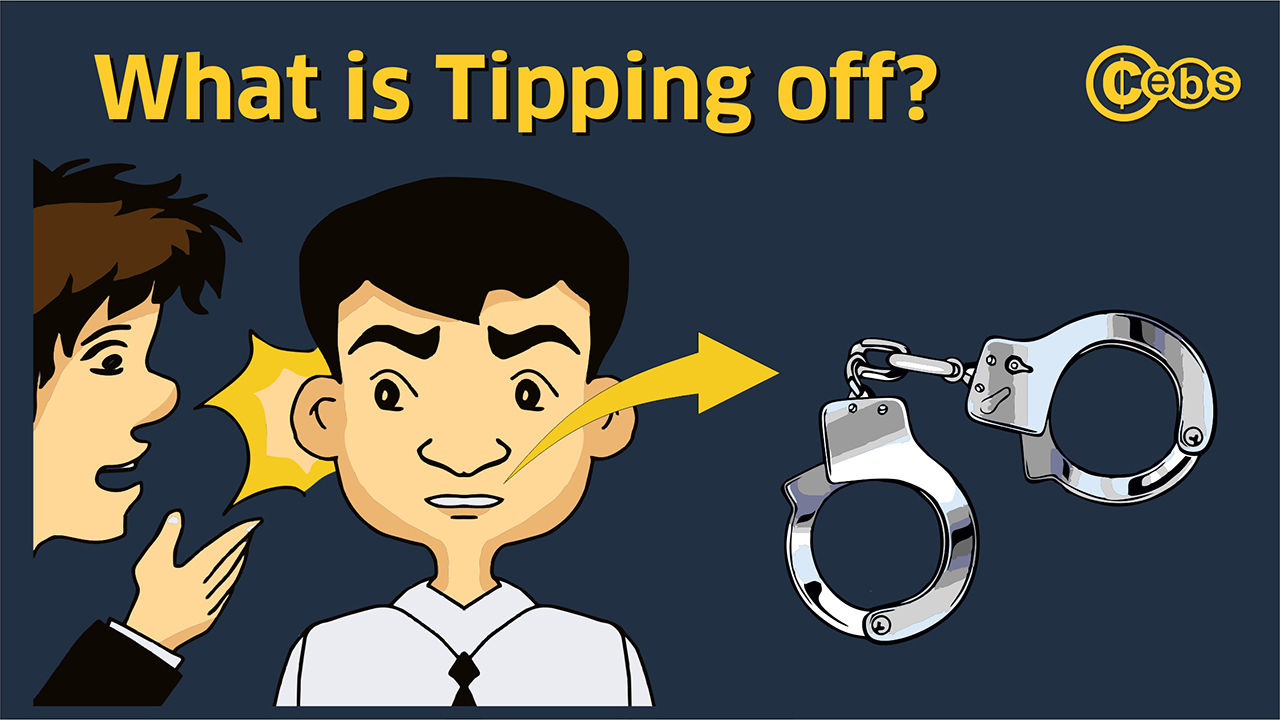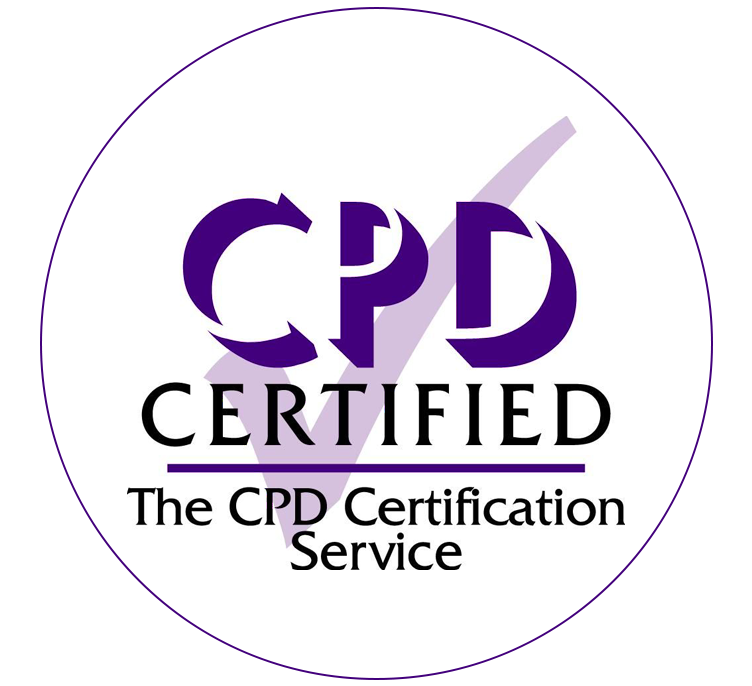What is Tipping Off?
Please fill the form below and our team will be in touch within 24 hours.

Let’s start with an example:
A customer walks into your shop and wants to buy currency worth £10,000.00.
Cashier: “You got an ID on you, Sir?”
Customer: “No, what is the minimum you can change without an ID please?”
Now there is a catch here. Your cashier should not tell the customer what is your AML limit or the threshold for your Risk Assessment. If the cashier tells the limit it is one of the “Tipping Off” offence.
Why is it done?
- When a customer intentionally wanted to avoid anti-money laundering controls imposed by your company.
- To avoid producing an identity proof the customer would simply like to split the transaction into smaller amounts below the level at you check ID or enquire about the source of funds.
Guidelines for you:
Her Majesty’s Revenue and Customs provides below guidelines. You should not inform the customer or anyone else involved in the transaction:
- A suspicion has raised and so this has caused a delay to your (customer’s) transaction
- We will be reporting the transaction details or have been reported to the regulatory body, NCA in the UK or FINTRAC in Canada or AUSTRAC in Australia or RBZ in Zimbabwe.
- You (customer) is under investigation from law enforcement agencies.
Tipping off also includes intentionally falsifying, concealing or destroying documents which are relevant to investigations.
Summary:
So to summarise, it is a criminal offence for anyone to say or do anything that may prejudice an investigation or 'tip-off' another person that suspicion has been raised, a SAR (Suspicious Activity Report) has been submitted or that a money laundering or terrorist financing investigation may be carried out.
Your Responsibilities:
- Mention Tipping off in your Policies and Procedures document which is accessible for all your staff
- Conducting training for your staff regularly.


